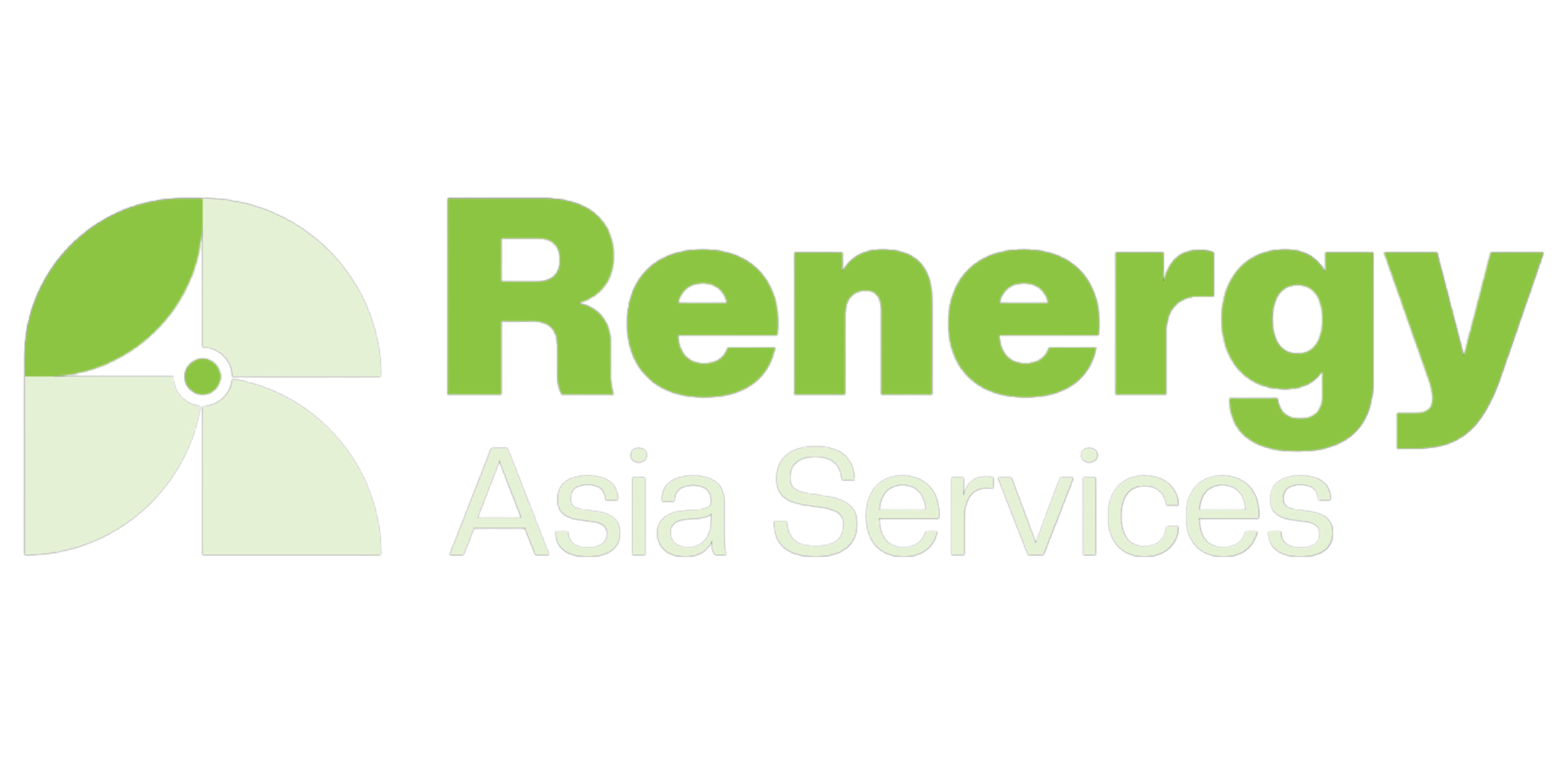OUR PROGRAM
Program Background
Indonesia, which consists of 17,500 islands with a coastline of 81,950 km, the second longest in the world after Canada, is rich in wind energy resources. Based on research conducted by the Center for Research and Development of New and Renewable Energy and Energy Conservation (P3TKEBTKE) – Ministry of Energy and Mineral Resources (ESDM), the potential wind energy resources onshore are equivalent to 60.6 GW and 94 GW offshore.
The utilization of renewable energy as a source of electricity is in line with the
government’s program to encourage the development and utilization of New and
Renewable Energy (NRE), particularly wind energy, to achieve the target of utilizing NRE up to 23% by 2025 as set forth in Government Regulation No. 79/2014 on National Energy Policy (KEN).
The development and utilization of wind energy, which is also a part of renewable
energy, plays a significant role in improving access to and provision of energy for the community, as well as contributing to the reduction of greenhouse gas emissions, environmental pollution, national welfare, economy, and public health.
Our Training Program
To support the development of wind power plants, trained human resources are required to work directly in the industry. With the same perception and basic knowledge and skills, it is expected that they can provide greater support for wind energy development in Indonesia.
Indonesia has 14,247 vocational high schools (SMK) both public and private, with 23 SMKs offering a major in Solar, Hydro, and Wind Energy (TESHA).
Therefore, this training is designed to cover all categories ranging from wind surveys to construction and O&M, including selected topics related to transmission, micro-grid distribution, and modules related to smart grids and batteries.
In addition to aiming to reduce the gap between the education world and the wind energy industry, this training series can improve the skills and work abilities of employees, job seekers or new graduates in the field of renewable energy sectors with thematic focus on wind power generation and selected topics on transmission and distribution.
